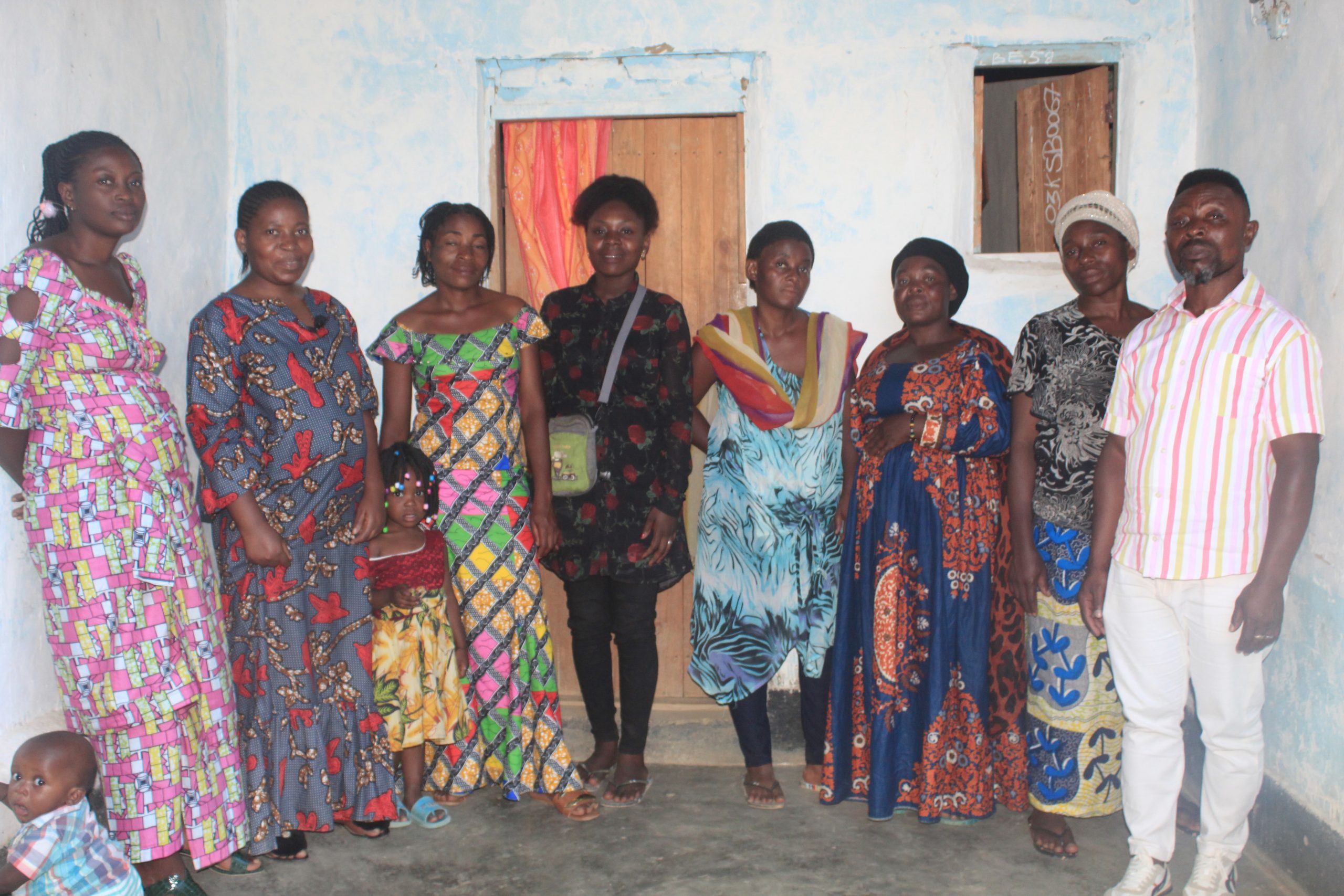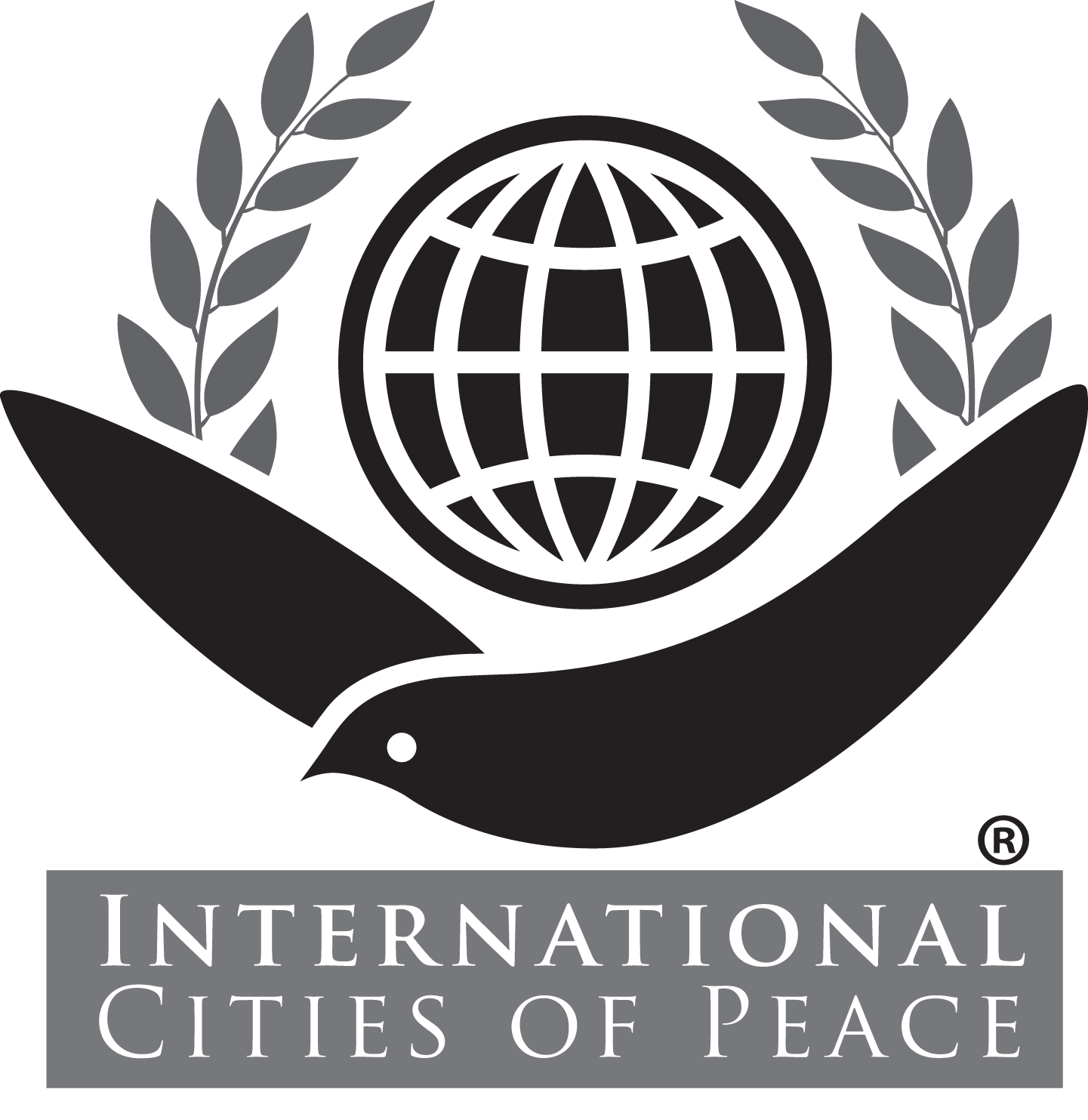KABAZANA, ISINGIRO, UGANDA: International City of Peace
We welcome Mr. Mubalama Rhukengemungu, Ms. Nicole Salima Ntabiruba (Coordinator), and their colleagues who have established Kabazana Zone in the Nakivale Refugee Settlement as an International City of Peace. Mr. Mubalama has been instrumental in creating the organization Women’s Dynamics United for Change (DWUC) with an extensive background in work for peace in this refugee community in IsingIro, Uganda.
DWUC works and will work for the consolidation of peace because this is among its purposes — to create a world where everyone will find peace and international security through its activities of promotion of peace by training (peace builders), peace agents, community mediators, trainers capable of becoming peace volunteers in their areas of action through a city of peace installed in the area and its outskirts.
Note: Introduction page with information primarily at the time of joining International Cities of Peace. For updates, please contact the liaison.
ABOUT DYNAMIC OF WOMEN UNITED FOR CHANGE “DWUC”
A Refugee-led organization
The Women’s Dynamics United for Change “DWUC in acronym” is a non-profit, non-political organization created in 2019, on the 5th day of March, operating as a de facto organization and registered with legal personality in 2021 in Uganda, under No: 173/CBO, working more particularly in Isingiro district, Kashumba Sub country in the Republic of Uganda, KABAZANA ZONE.
VISION
Dynamic of Women United for Change has a vision: the establishment of unity and social cohesion within the population of its radius of action in order to be able to stop violence in all its forms. And for peace and development to be effective there; the organization must operate according to necessity as well as the principles of emergency action in the community.
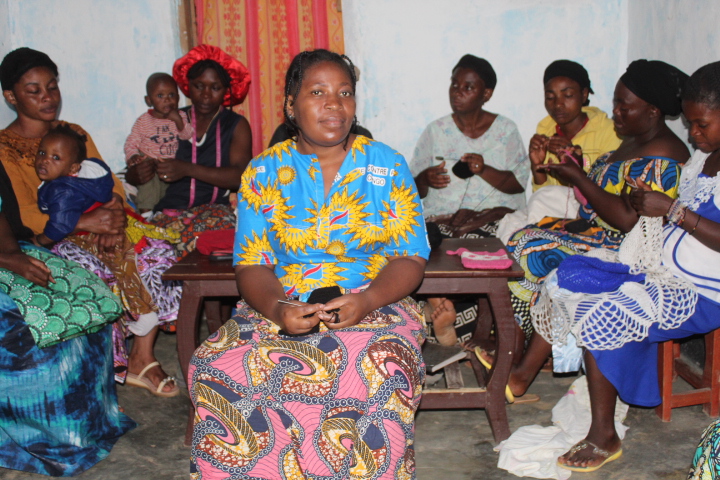
MISSION
The pursuit of these goals and objectives will be done in particular through the following activities:
- mass mobilization for social cohesion
- awareness and inventory of the capacities of our beneficiaries
- assessment of needs by milieu or social strata
- training of grassroots humanitarian communities
- conceptions and implementation of projects in the area in Community Health, Water, Hygiene and Sanitation (SEHA)
- Education and marketing of the finished products resulting from the activities
- Agriculture, Food Security and Nutrition (ASAN)
- Environment and Nature Conservation (ECN)
- Assistance with household items and shelter
- Multisectoral assistance (medical, psychosocial and legal) to victims of sexual violence and sexual abuse, in the environment, to people living with reduced mobility (disabled) and to people living with HIV/AIDS and other airborne diseases; support for diversity and respect for gender are our hobby horses.
In short, our organization has taken up the challenges not only in the areas of emergencies to vulnerable and/or disaster-stricken populations but also in the area of peace in the community, social security, labor and social welfare. We may perform all acts relating indirectly or directly to its purpose. It may in particular lend its support and take an interest in any activity similar to its purpose.
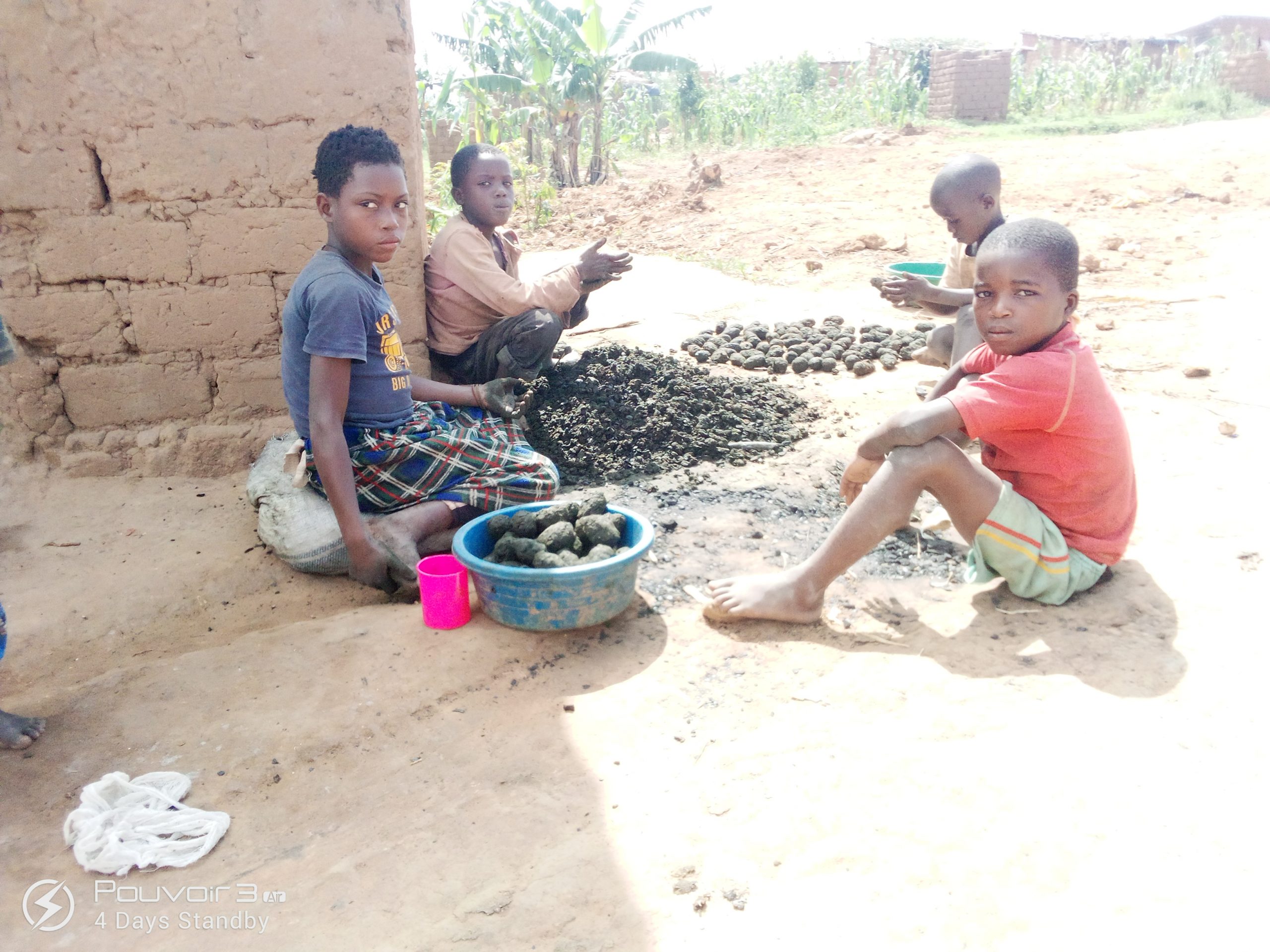
PURPOSE
The organization pursues the objective of a work option for all and adequate support at all levels (social cohesion, community development, preventive health, education and support for all); given that the issue of employment, community pacification, support and accompaniment are real humanitarian aid, that is to say a major concern of the growth and poverty reduction strategy in the environment in particular and in Third World countries in general.
OBJECTIVES
The purpose of the organization is to support vulnerable populations in its radius of action and/or field of action and that of the whole world, in the promotion of their rights to peace and to employment and social security for effective self-care. ; In other words, the organization aims to support the unemployed and forgotten population within its reach to become active and productive in all areas of their lives.
AREAS OF INTERVENTION AND THEIR OBJECTIVES
Participate in integrated and sustainable development through the implementation of actions in its fields.
GOALS
In its purpose, the goal, the objectives and the mission pursued by the Dynamic of Women United for Change, “DWUC” are to set up development mechanisms targeting the following vital axes:
A. Peace and social cohesion in the community: The organization must intervene in a conflict situation to promote peace and sustainable development in its community. The organization should investigate the 3 existing conflict situation in its community. It must propose, as a peace club, measures for the prevention and/or resolution of conflicts existing in the environment.
We must engage peace clubs in activities to promote peace and sustainable development for the general interest of the entire community.
B. Health and nutrition covering the main areas: Improving access to quality health care, rehabilitating and building health structures, supplying existing health structures and equipping them with kits and essential drugs and equipment medical; build the capacity of service providers and members of community relays.
C. IN CONNECTION WITH THE PEACE PROJECT IN THE KABAZANA ZONE WHERE THIS PROJECT WILL BE IMPLEMENTED
a. Vision
A community that promotes peace, unity for sustainable development in the community.
b. Mission
Mobilize and put into action several thousand people to fight against ethnic prejudices and contribute to the change of a lasting peace in the region.
Inform your community about the roots and sources of conflict in the community and raise awareness about its peaceful management in order to restore the image of peace in the community.
c. Goals
Contribute to the fight against ethnic prejudice and to sustainable development in the community by mobilizing their peers.
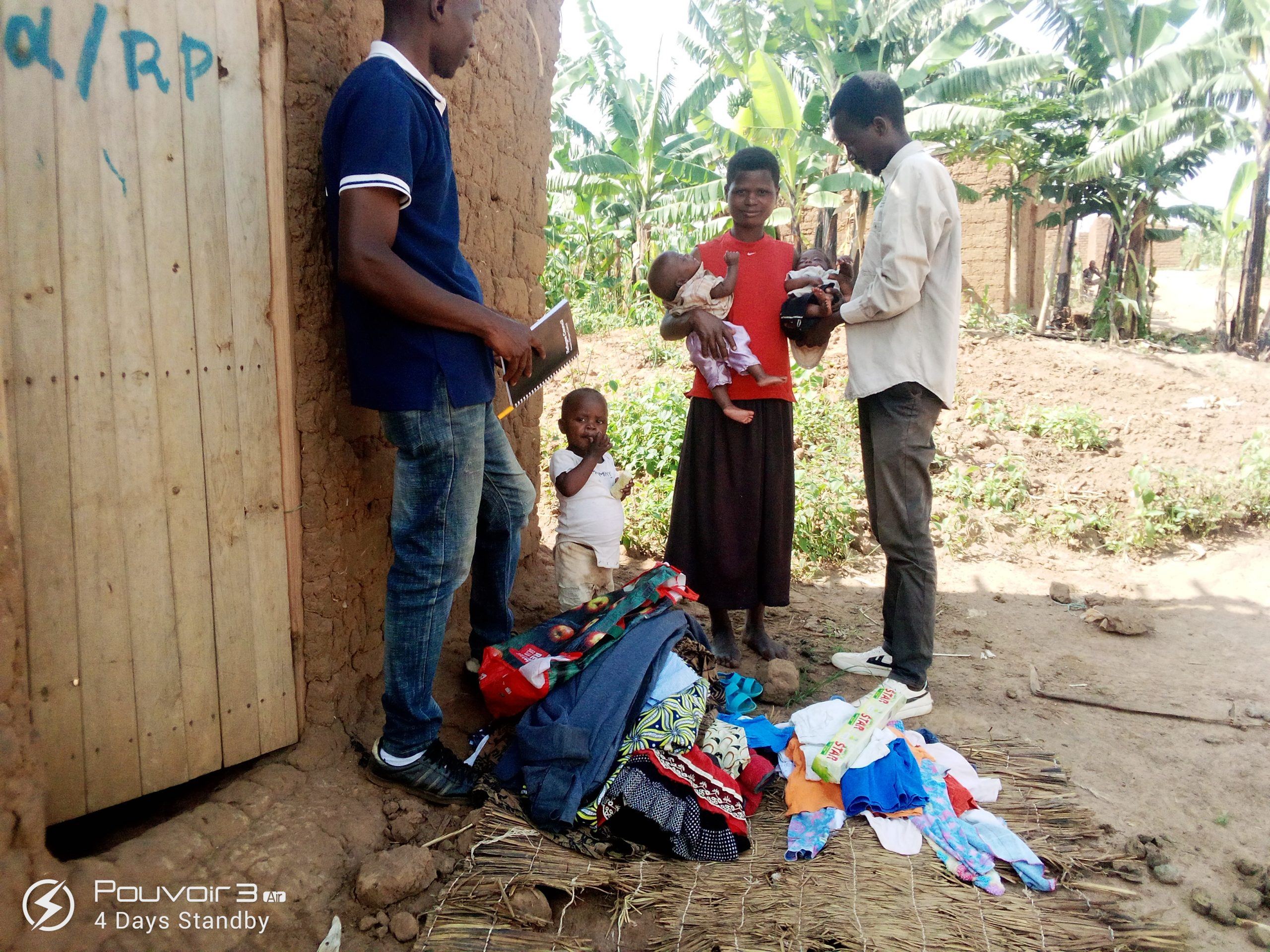
LATEST WORK
In recent years, Dynamic of Women United for Change has demonstrated work experience and strong conflict management in different fields of activity to materialize certain actions. The project manager and team have experience in the above area, leadership, peaceful conflict resolution and commitment to develop, implement and scale solutions in the proposed technical area in this domain. The organization has already realized several opportunities in different areas of its intervention.
It is through this that you will notice that the organization Dynamic of Women United for Change in terms of skills, expertise, experience, innovative methodologies, networks and links with the upcoming project is able to run this project.
Challenges of the Community
In a spirit of compromise, consultation and not confrontation; for individual and collective freedoms, for a dialogue between social groups, different communities, types of cultures and civilizations.
In this entity, the populations are confronted with the lack of peace and social cohesion following the multiple problems they have experienced since their country of origin. Accusing each other of criminals, for example, Rwandophones from the Tutsi and Hutu tribe see each other as cats and rats, accusing each other of killing each other since the 1994 genocide in their country.
For this population, for example, peace is far from being among them if nothing is done. We thought that if we set up community peace clubs of 15 to 50 young people capable of cultivating a culture of peace in all these facets, we think that together with them and other peace actors in the community are determined to put this city of peace into action for integration and sustainable development in the community.
A community mediator must work by fighting against the main threats to peace in his environment as well as their causes such as:
– Tribalism (ethnicism),
– Stereotypes, prejudices, xenophobia
– Lack of access to schooling,
– The flight of responsibility from the parents,
– forced expropriation
– Discriminatory laws,
-Unemployment,
-The juvenile delinquency,
– Acculturation,
– The alienation of freedom,
– Lack of trust in young people,
– Barriers to marriages,
– Sexual exploitation,
– Manipulation of prohibitions
– Lack of information,
– the media,
– Nationalism,
– Intolerance,
– Sharing of land,
– Conflicts (jealousy),
– Illiteracy,
After discovering the problems, the peacemakers with the peace volunteer are invited to rank them in order of importance (impact, availability, etc.) Thus they choose, always with the support of the manager, the problem to be solved. This decision-making will allow the development of a concrete response to the problem detected in the community.
LETTER OF INTENT WITH SIGNATURES
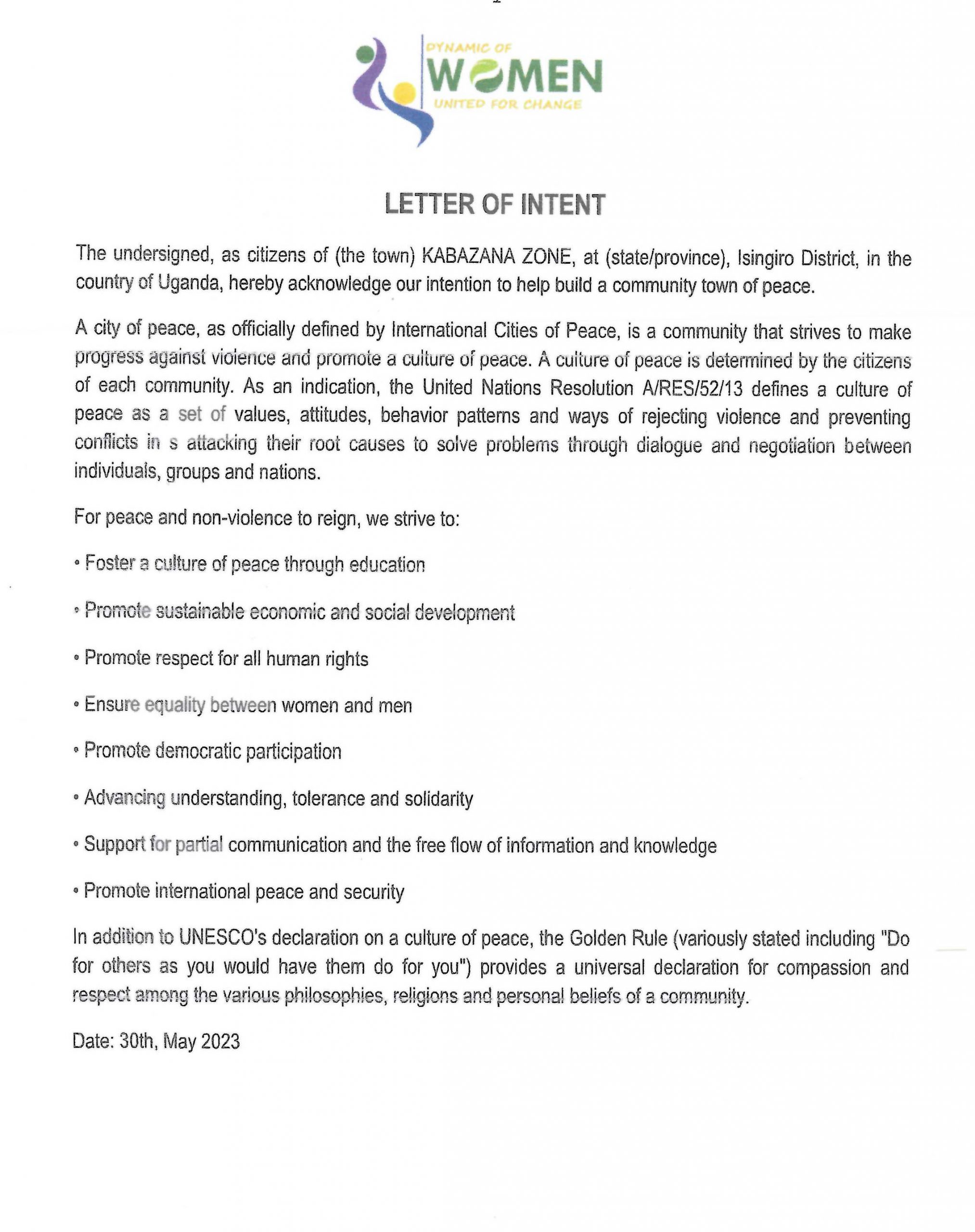




ABOUT THE LIAISONS
Mr. Mubalama Rhukengemungu
Ms. Nicole Salima Ntabiruba (Coordinator)
Married by birth, father of several children, was born in Walungu, South Kivu Province (DRC) in the territory of Walungu, village /locality of Kahembarhi. Mubalama was born on 08-08-1986, holds a bachelor’s degree in social, political and administrative sciences, Department of International Relations, International Humanitarian Law option from the Simon Kimbangu University of Bukavu (DRC), with proven experience in the conduct of development projects, peaceful resolution of disputes, journalism, Humanitarian. He is currently the project and publication manager of the magazine (Women News) in Nakivale camp – Uganda in the Kabazana area which is published monthly.
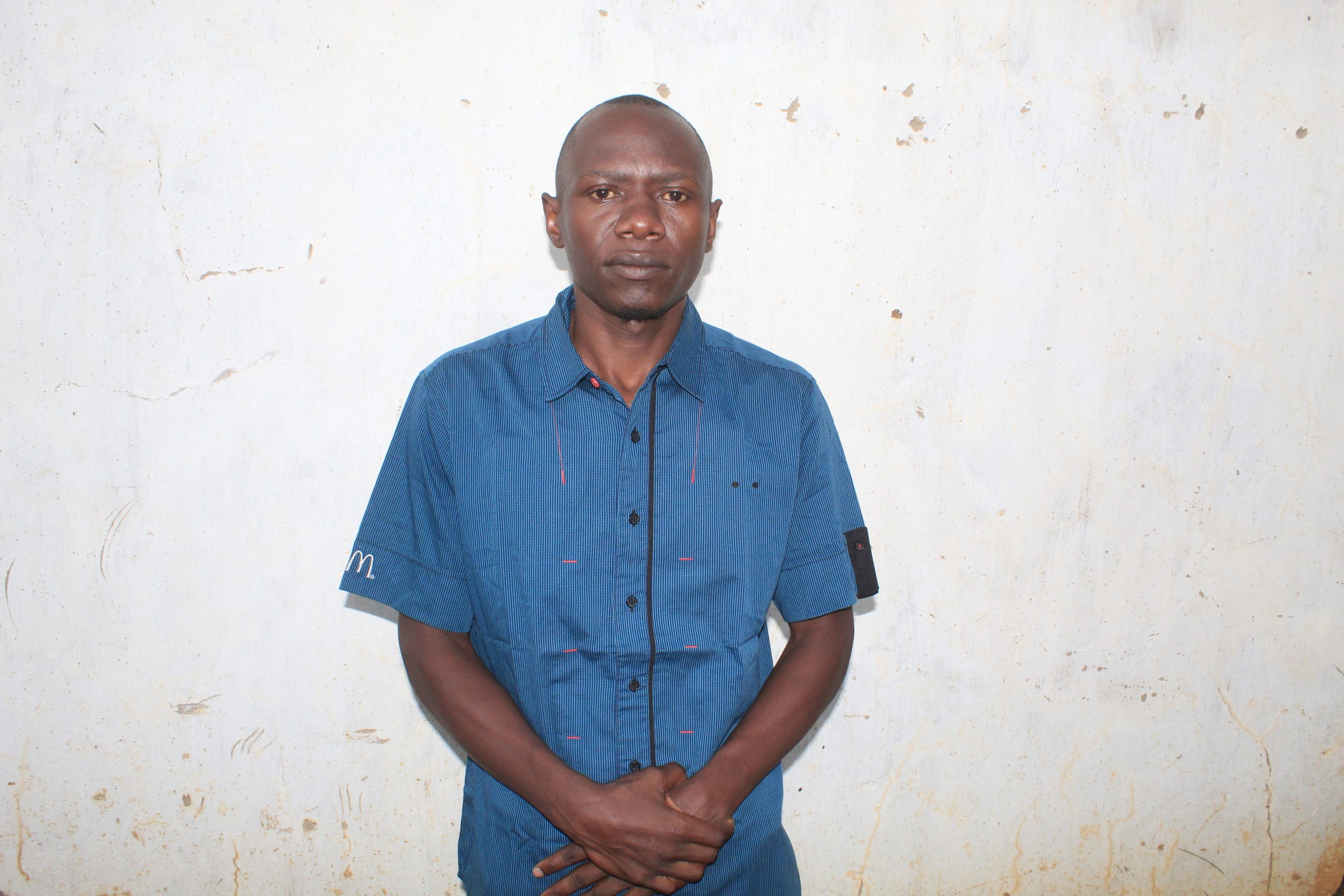
He worked from his native country (DRC) in the similar project of pacification of the region in the African great lakes within the organization Amahoro Amani, a consortium of associations of scouts and Guides of the African great lakes countries (Rwanda, Burundi and RD.Congo) as Trainer of community mediators, in charge of communication and publication of the newspaper Newsletter and Infos MC.
He has proven experience in supervising communities and groups of people who are victims of local conflicts in the Ruzizi plain and the high plateau of Minembwe in South Kivu, for support and supervision in different areas of daily life. .
He is also a certified scout trainer of the DRC Scouts Federation (Association des scouts du South Kivu) but also a former Provincial Commissioner in charge of communication and expansion of the movement in South Kivu. He has worked in the Nakivale refugee camp since 2016 as a consultant on conflict pacification for several times, coordinator in several organizations in the area and program manager.
Currently, he is the project and program manager at the Dynamic of Women United for Change.
CONTACT INFORMATION
ABOUT KABAZANA ZONE, NAKIVALE REFUGEE SETTLEMENT, UGANDA
A statement about the historical and current peace legacy
– Issue of peace in the community of Kabazana Zone
For more than a decade, the Kabazana Zone and its surroundings have been confronted with internal and external community conflicts. These conflicts that are detrimental to development, humanitarian and social activities in all their aspects, are the consequence of a long accumulation of complex and interdependent problems such as, in particular, the poor management of the city, the absence of community democracy, the violation of fundamentals of the person, nepotism and an ever generalized and deep misery.
These negative factors explain the cyclical return of political and technical violence, the almost permanent instability from which the refugee communities suffer. And since there are close ethnic, social and political ties between the peoples of the region; the ramifications of these conflicts then took on strong sub-regional dimensions. Thus, no country in the sub-region can claim peace when its neighbor is affected by conflict or instability.
To prevent and manage these conflicts that continue to afflict the community of Kabazana zone and its surroundings, these refugees will have to work in synergy against the absence of peace, security, democracy and good governance.
Conflict prevention is a matter of education for peace and development. Essential for the promotion and creation of stable and harmonious relations between different communities; education for peace and development can only be effective if it involves youth, the community as a whole, a potential and active force for change and social development.
– Importance of young people in building peace
Young people make up the largest proportion of the local population. Around 70% of the population is made up of young people and children. This youth is dynamic, generous and voluntary. It is capable of promoting the values of human dignity if adults strive to lead them in this direction. However, it is these adults who exploit the vulnerability of this youth by manipulating them and leading them to carry out violence and counter-violence that has always embraced the communities living in this region. It should be noted, however, that these communities come from countries under high pressure of insecurity in particular (DR Congo, Rwanda, Burundi, Somalia, South Sudan, etc.) who fled their countries of origin for these refugees in Uganda in the Nakivale Camp more precisely in the Kabazana area.
Peace-loving adults should therefore rely on the youth to safeguard and restore lasting peace in the community in general and in the Nakivale refugee camp where its activities will take place. This is done to make its modest contribution to mobilize among others against ethnic prejudices in the community of Kabazana Zone. In this case, the community mediator is there to help his community to maintain its social cohesion and to work on community recovery for peace and sustainable development. He must help his community to manage the conflicts without violence, under the aegis of a peace volunteer (VP). This must be done in accordance with national and international law to settle disputes in the community.
Note: If information or photos used here are copyrighted, please contact us and we will immediately delete the copyrighted material.
